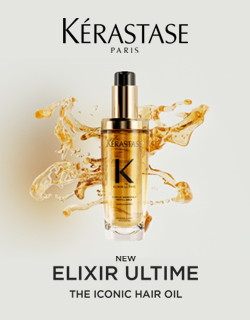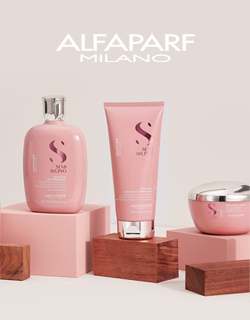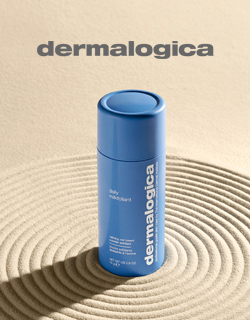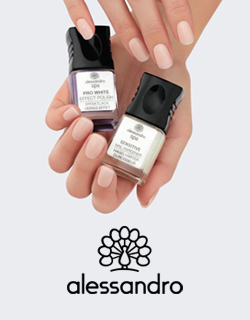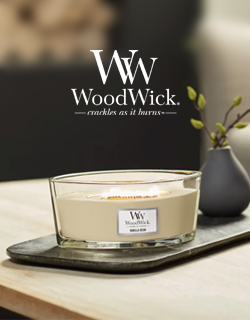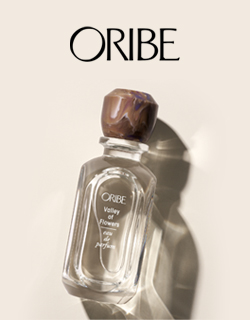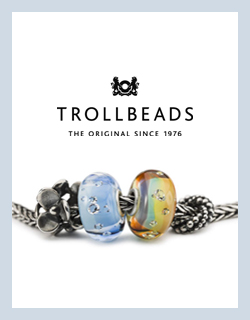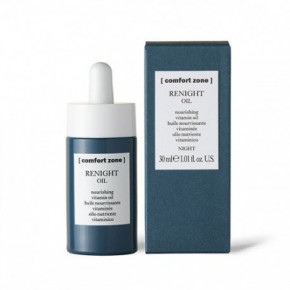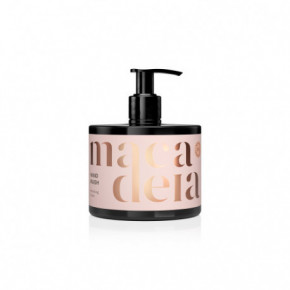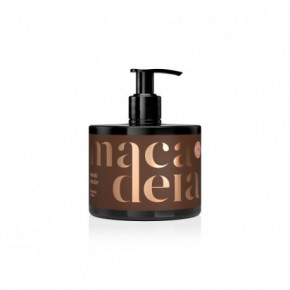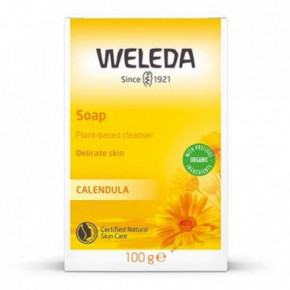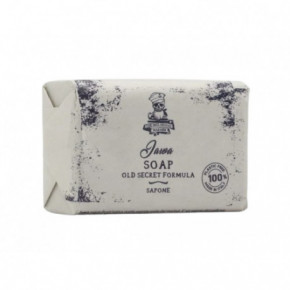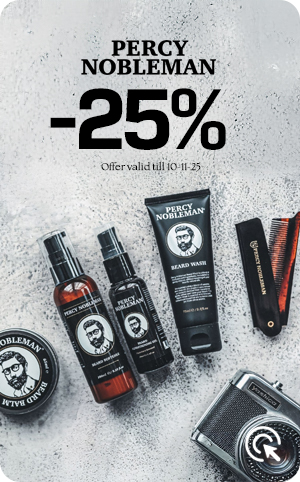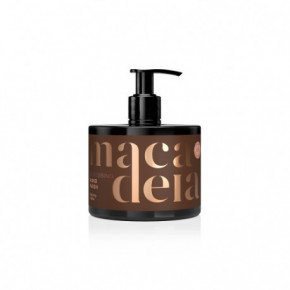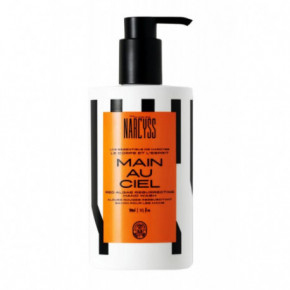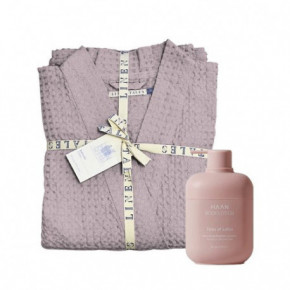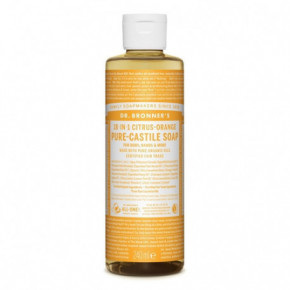- Brands
- Hair
- Hair Care
- Hair Loss Prevention
- Styling
- Intensive Care
- Hair Dye
- Electricals
- Accessories
- Face and Body
- Face
- Aromatherapy
- Korean Cosmetics
- Body Care
- Personal Hygiene
- Suncare
- Men
- Face Care
- Body Care
- Men's Hair Products
- Shaving Tools
- Adults
- Vibrators & Stimulators
- Erotic Massage
- Makeup
- For Face
- For Eyes
- For Lips
- Nails
- Gel Nails
- Accessories
- Extras
- Nail Polish
- Manicure and Pedicure Tools
- Nail Extension Products
- Home
- Home Fragrance
- Bedroom Textiles
- Home & Living
- Fragrance
- Niche Perfumes
- Women’s Perfume
- Jewellery
- Food Supplements
- Skin
- Nails
- Eyes
- Vitamins for Kids
- Vitamins for Men
- Bones and Joints
- Urinary Health
- Hair
- Women
- Collagen
- Digestive Health
- Heart and Circulation
Soaps
60 productsSoap
Did you know that soap was the first hand-washing product invented and created by humans? Even more interestingly, the recipe has not changed much since it was invented! The natural soaps that are being developed today are based on a recipe that is very similar to those used by humans many thousands of years ago. We know, we are talking about regular, solid soap. But what kind and form do you use?
What is soap made of?
The most basic and well-known formula for soap-making is fat (animal, such as lard or tallow, or vegetable, such as coconut, olive or almond oil) and lye. It is not worth raising an eyebrow - the question of what soap is made of has been answered in the same way for a very long time. However, if you want your soap to be the colour you want and not a natural black or dark grey, dirty colour, you will need to add colouring agents. It can be anything, herbs you come up with, vegetables or fruits with coloring properties like beetroot will do. In order to give the soap an aromatic smell, you will also have to rely on the help of nature - a very popular fragrance - lavender, honey or mint/melissa.
Which soap to choose?
Although soap seems to be such a simple and easy-to-understand product for everyone, its different types are abundant even in the simplest store. What are their characteristics and main features?
Liquid
The creamy consistency of the liquid soap not only cleanses and removes dirt, but also moisturises the skin. When rubbed between the hands, it turns into a foam and absorbs gently. When properly selected, high-quality liquid soap is not only suitable for your hands, it can also be used to clean your body and hair.
Antibacterial
Soap supplemented with antibacterial protection is perfect for defending against viral infections that rage in autumn and spring. Not only does it effectively remove dirt, but it also kills 99.9 percent bacteria, so you can have complete peace of mind about your hand hygiene.
Children
The soap for children is extremely mild and has a soothing effect. Made only from natural oils, the soap is suitable for even the most sensitive baby skin - it is gently cleansed, nourished and moisturized.
Natural
With the rise of organic and healthy living, more and more people are trying soap making at home. Handmade soaps are natural and do not use synthetic fragrances or dyes. For these reasons, the soap is non-drying, non-irritating and completely safe to use, even for the little ones.
Household Soap
Although it does not have the most pleasant smell, household soap still does not lose its position in many homes. With a long history, this soap is distinguished by its composition. Only vegetable and animal fats, salt, alkali and bile are used in its production - no ingredients of unnatural origin.
- Women
- Bedroom Textiles
- Accessories
- For Eyes
- Body Care
- Aromatherapy
- Hair Care
